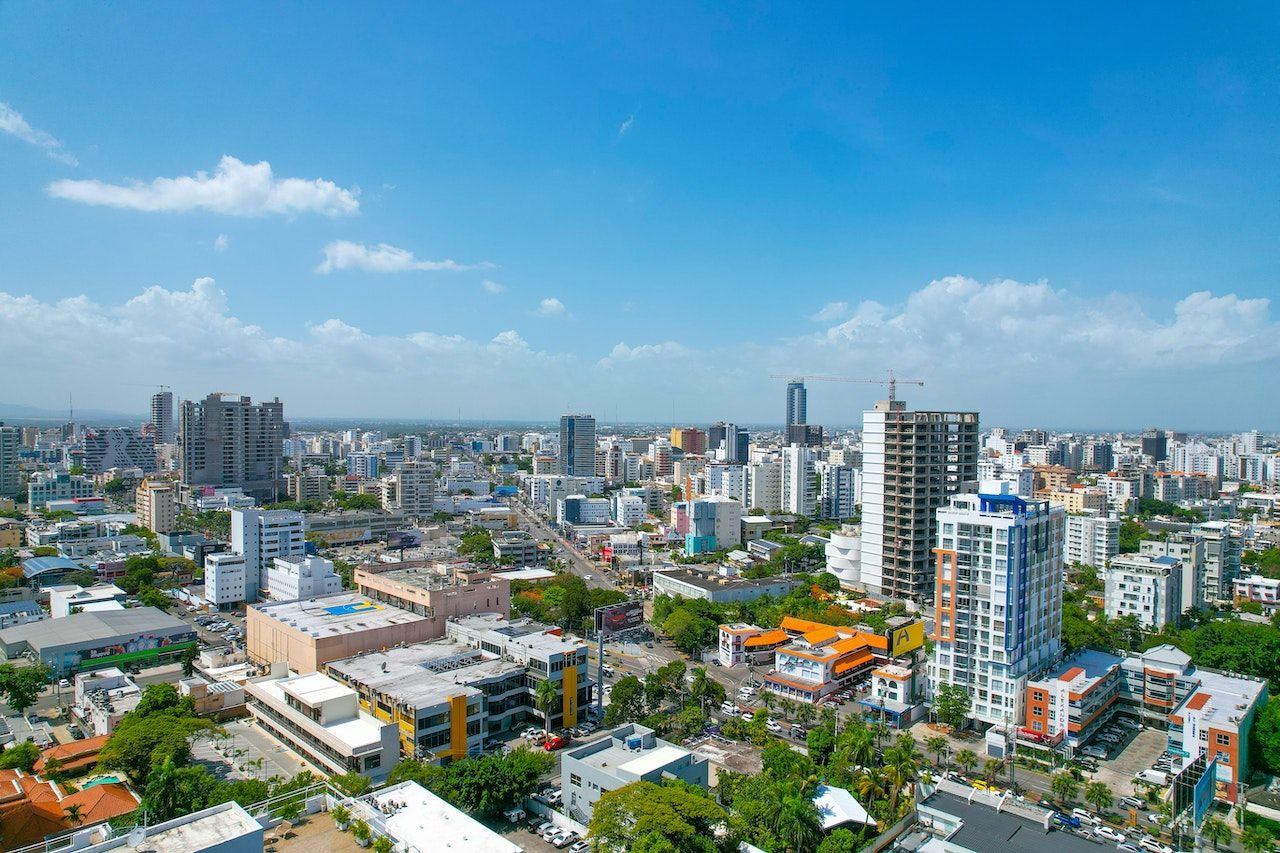
Dominican Republic moves forward on e-waste regulation
By ITU News
The Dominican Republic has prepared a key national regulation to ensure the systematic and coordinated disposal of electrical and electronic equipment, including old and discarded phones, tablets, computers, and other information and communication technology gear.
The Ministry of Environment and Natural Resources (MARENA) and the Dominican Institute of Telecommunications (INDOTEL) have developed the key draft e-waste regulation with support from the International Telecommunication Union (ITU). It is expected that it will be approved soon by MARENA.
Earlier this year, the government authorities have sought public feedback on the Caribbean country’s draft Regulation on E-waste Management and Final Disposal.
Managing risks
Discarded phones, fridges, personal computers, televisions, laptops, and sensors – along with certain (sometimes hazardous) substances they contain – pose social and environmental risks.
At the same time, this electronic waste, or e-waste, offers a valuable resource that, when harnessed properly, can be put back into the value chain. A circular economy can also help address global material shortages and supply chain disruptions.
Nadia Martínez Hernández, MARENA’s former Director for Environmental Regulation, highlighted the growing emphasis on extended producer responsibility (EPR) to ensure a sustainable future.
“An e-waste regulation – put together within the framework of the recently approved law on solid waste management – is vital in the Dominican Republic to ensure that key actors fulfil their collaborative duties in the implementation of EPR for the sound management of e-waste,” she says.
Taking advantage of its convening capacity, ITU technical assistance and policy support focuses, as always, on setting up coordination mechanisms to engage national stakeholders and ensure collaborative alignment in the policy-making process.
Policy-makers, especially in emerging markets, have tended to overlook the environmental, social, and economic implications of the prevailing take-make-dispose model.
But as more countries adopt some form of e-waste regulation, many other governments are also recognizing the need for fair and sustainable e-waste management.
Collaborative consultations across the value chain
ITU is providing policy assistance on e-waste to several countries in collaboration with the United Nations Environment Programme (UNEP).
In the Dominican Republic’s case, national public-private consultations since last year have helped identify key actors and define various roles and responsibilities across the e-waste value chain. Government entities produced their initial draft regulation based on feedback from those ITU-facilitated stakeholder discussions.
INDOTEL and MARENA formed a partnership last December for the recovery, storage, transport, and recycling for e-waste as part of a broader push for sustainable development.
“We must recognize the importance of digital technologies in the world, but also their consequences in terms of generating e-waste,” said Javier García, General Coordinator of the International Regulations Unit at INDOTEL. “We are excited to join forces with the Ministry of Environment and National Resources to improve our national e-waste management, preserve the environment, and contribute to the reduction of climate change.”
The country’s main electrical and electronic equipment producers were consulted on the proposed e-waste regulation earlier this year, prior to the presentation of the latest draft at an INDOTEL validation workshop on 25 and 26 May.
Next steps to strengthen e-waste policy
The draft Regulation on E-waste Management and Final Disposal (Reglamento para la Gestión Integral de Residuos de Aparatos Eléctricos y Electrónicos) is now available online for public consultation, with feedback being processed as it comes in.
Several countries worldwide have received joint ITU-UNEP guidance on strengthening their e-waste management through EPR. The two UN agencies aim to keep working together to help more countries tackle the e-waste challenge.
In the Dominican Republic, the next phase of discussions will focus on financing mechanisms, producer registration, and awareness campaigns as the new e-waste regulation takes effect.
Learn more about how ITU supports countries in managing e-waste.
Image credit: Anthony Camilo Grullon via Pexels
